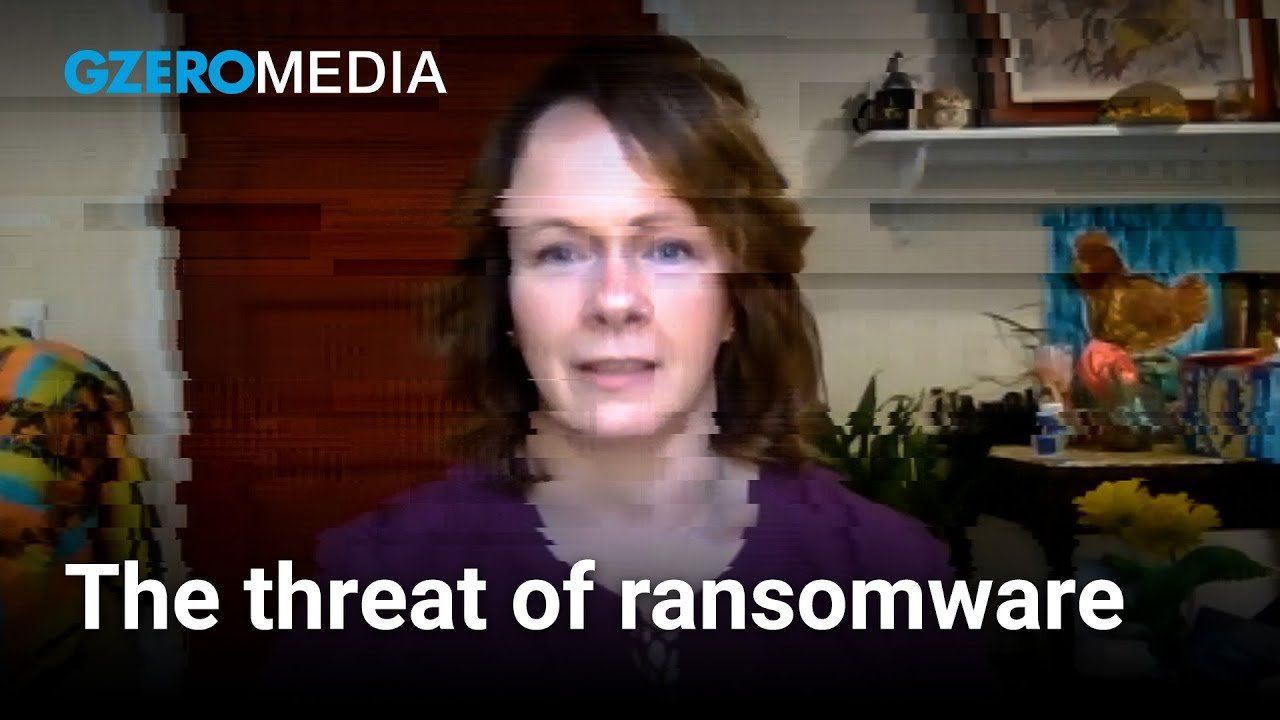Caught in the Digital Crosshairs
Attacked by ransomware: The hospital network brought to a standstill by cybercriminals

Attacked by ransomware: The hospital network brought to a standstill by cybercriminals | GZERO Media

In October 2022, the second-largest nonprofit healthcare system in the US, CommonSpirit Health, was hit with a crippling ransomware attack. Kelsay Irby works as an ER nurse at a CommonSpirit hospital in Washington. She arrived at work after the malware had spread through the hospital network to chaos: systems were down, computers were running slowly or not at all, labs weren’t returning results, and nurses were charting vitals on pen and paper. Even basic things like knowing what medications patients were on or why they came into the emergency room were a challenge, putting lives at risk. The hospital’s nurses and doctors scrambled to manage this crisis for over two weeks until CommonSpirit Health was able to restore access to the IT network
“It was just kind of this perfect storm of very sick patients, not enough help, everybody was super frustrated,” Irby says, “My biggest fear during the whole cyberattack was that a patient was going to suffer because we couldn’t access the technology.”
GZERO spoke with Irby about her experience during the ransomware attack, as well as cybersecurity expert Mora Durante Astrada from Zurich Insurance Group for the final episode of “Caught in the Digital Crosshairs: The Human Impact of Cyberattacks,” a new video series on cybersecurity produced by GZERO in partnership with Microsoft and the CyberPeace Institute. Astrada volunteers for the Institute and its CyberPeace Builders Program, which provides free cybersecurity assistance, threat detection, and analysis to NGOs and other critical sectors while advocating for safety and security in cyberspace.
100 million: The number of people expected to watch the Super Bowl halftime performance with Bad Bunny, the Puerto Rican superstar and newly minted Album of the Year winner at the Grammys.
Think you know what's going on around the world? Here's your chance to prove it.
An imminent US airstrike on iran is not only possible, it's probable.
Americans are moving less — and renting more. Cooling migration and rising vacancy rates, especially across the Sunbelt, have flattened rent growth and given renters new leverage. For many lower-income households, that relief is beginning to show up in discretionary spending. Explore what's changing in US housing by subscribing to Bank of America Institute.